When we talk about Drupal, we are mentioning a set of technology that helps your website from its A to Zs. Along with many other components, the Drupal CMS runs using the PHP programming language on top of a web server and a database server.
Drupal's ability to extend website functionality through modules—which may be built and maintained by the Drupal community or customized modules—made by a development team for a particular client use case—makes it even more desirable to various users. Then, using specialized modules known as "themes," the components are put into practice to produce organized and stylized HTML with the necessary auxiliary components, such as CSS, JS, pictures, and other resources.
Together, these elements may build solid and dynamic websites that meet the individual needs of various site visitors. However, with web technology that is continually evolving and improving, these elements cannot stay static.
What do you mean by Drupal 7 End Of Life?
November 2023 will bring the end of life to Drupal 7, which means the Drupal community will no longer take care of the bug fixes and security of this version of Drupal. The Drupal 7 community as a whole will no longer develop new projects, solve issues in current projects, produce documentation, etc and there won't be any more Drupal 7 core commits.
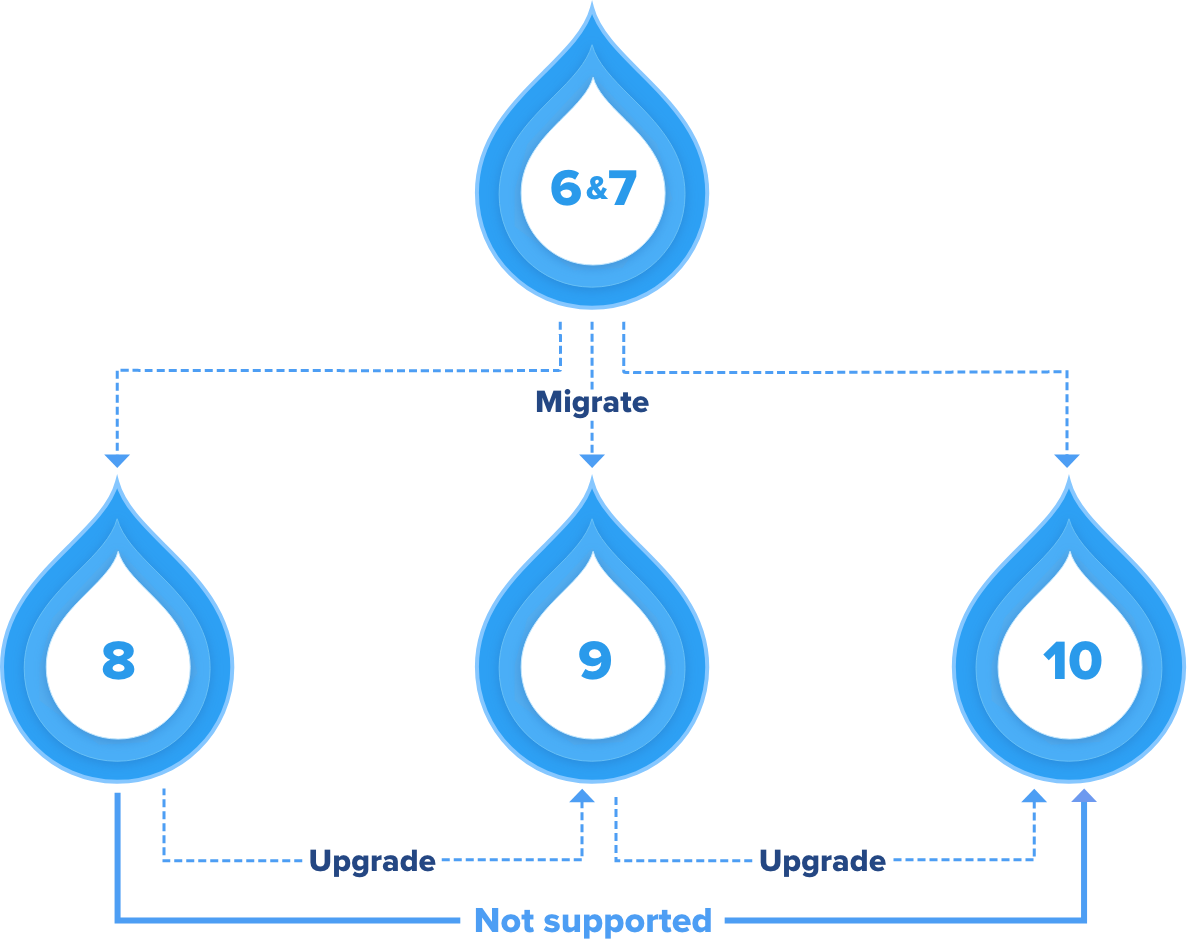
For Drupal 7 core and any contributed modules, themes, or other projects, the Drupal Security Team will no longer offer assistance or security advisories. If Drupal 7 vulnerabilities are reported, 0-day exploits may be developed.
Unsupported status for Drupal Core will be there and with the lack of community support third-party scans may identify it as vulnerable.
What does Drupal 10 bring to you?
Drupal 10 the latest version of Drupal, is packed with features that make it even more powerful and user-friendly than ever before. From improved security to enhanced content management tools, Drupal 10 has something for everyone. Some of the exciting new features in Drupal 10 that make it an even better choice for web development are;
- CKEditor 5 - CKEditor 5 was already available in D9.3 but in an unstable form. D10 brings stability to it along with better UX and performance enhancement the ability for better site-building.
- Automatic updates - To make your Drupal experience hassle-free, Drupal core updates are now automated and won’t require any programming work.
- Vanilla Javascript Writing - Vanilla JavaScript writing will take the place of jQuery because it offers more customization options and a more up-to-date, smooth user experience than jQuery, which has been associated with Drupal since 2011.
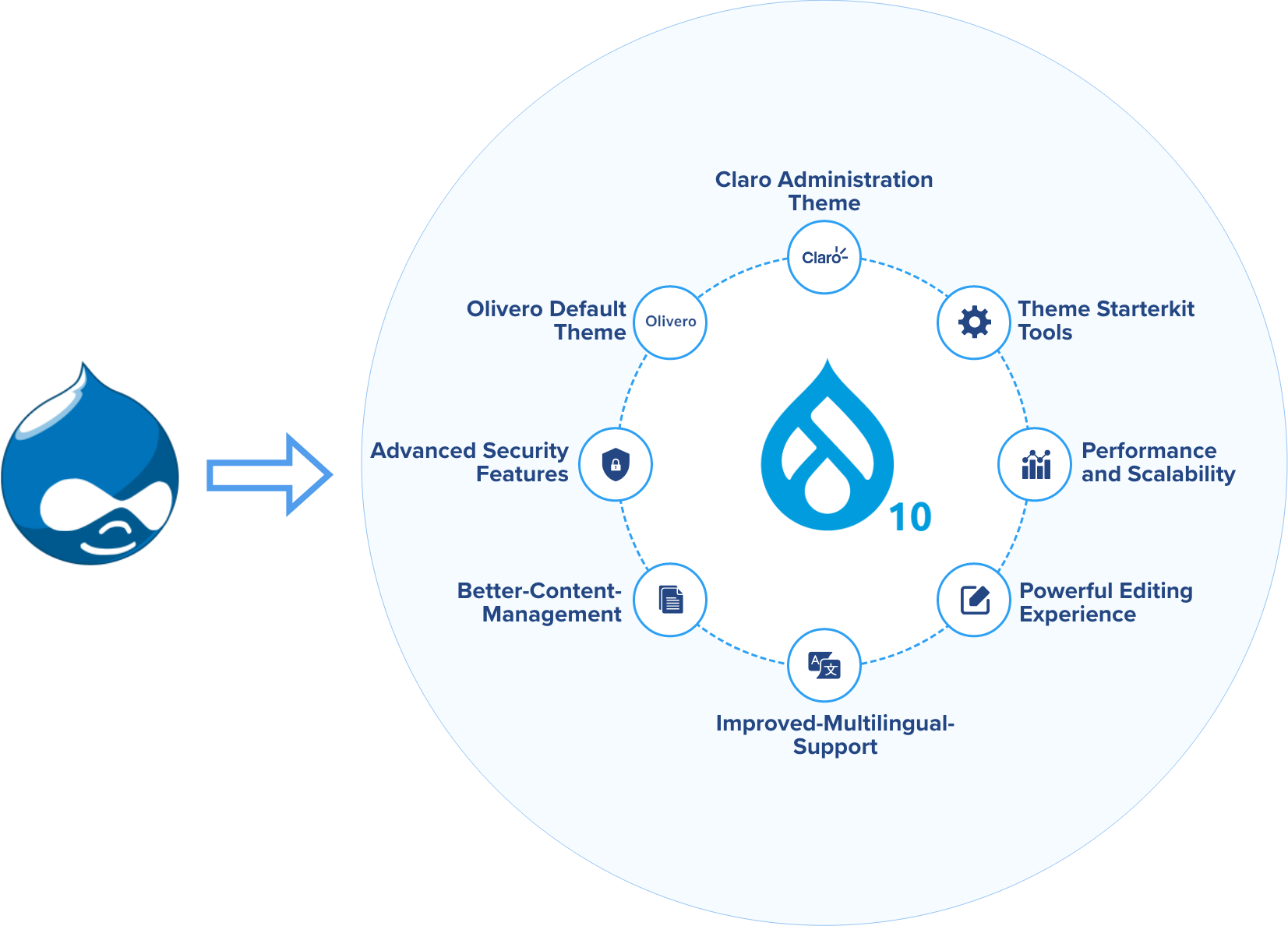
New features of Drupal 10 in comparison to Drupal 7. - PHP 8 - Drupal 10 brings you PHP8 to write clearer codes and use technology to enable better performance.
- New themes - Drupal 10 brings you new themes, Olivero and Claro; which in turn help you with layout building and other media capabilities.
- Enhanced Multilingual Support - The language detection mechanisms have been enhanced to facilitate identifying the user's desired language and providing a customized experience.
What happens if you don’t upgrade to the higher version of Drupal?
After the end of the life of Drupal 7, users will be bound to upgrade to a higher version as Drupal 7 will have a lot of bugs and issues in it.
- Security: To make sure there are no vulnerabilities for exploitation, an outdated version of Drupal has to be regularly checked and monitored. The possible impact on budget increases with website size.
- Third-party API functionality: Any Application Programming Interface (API), a software bridge that enables two apps to communicate with one another, will cease to function once out of date. The business might suffer significantly if a website has a broken shopping cart API or membership platform API.
- Ongoing Support and Maintenance: Over time, it will become increasingly challenging to locate developers who are able and ready to maintain an old version of Drupal. The most experienced upgrade from out-of-date software is likely to make it harder and surely wearier.
How is Drupal 7 a costlier approach for you?
Maintaining your Drupal 7 website will cost significantly more than updating the newest version. Though Drupal 7 is an older version of the open-source CMS, it is still widely used, but not really until it reaches its EOL.
While it may be easier to maintain and update, it can be a costlier approach compared to Drupal 10. Drupal 10 offers more features, improved security, and better scalability than its predecessor. Additionally, Drupal 10 has a more intuitive user interface and supports newer technologies like HTML5 and CSS3, making it a better choice for web development projects.
Ultimately, the cost-benefit analysis suggests that investing in Drupal 10 will provide greater returns in the long run compared to Drupal 7. It is more expensive to maintain your current Drupal 7 website than to upgrade it to the latest version of Drupal; here are some other reasons why;
- High Cost of maintenance - Maintsisnce of Drupal 7 won’t be having automatic updates and security updates so taking care of core and module updates will be manual, which will cost you way more than migrating to Drupal 10.
- New features - Additional features like new themes, PHP 8, CKEditor 5, etc can be found in the latest version of Drupal, and acquiring it in your Drupal 7 website won’t be possible.
- Lack of support - The Drupal community soon won’t be looking for the bug fixes and security updates for D7, so it will be a hectic and costlier approach to stay on Drupal 7, as it will be prone to malware.
Conclusion
As Drupal 7 reaches its end of life, it is important to consider the options for your website. Whether you choose to upgrade to Drupal 9 or 10, migrate to a different content management system, or archive your website entirely, many factors need to be taken into account to ensure the best outcome. It is important to weigh the pros and cons of each option carefully before making a decision. With careful planning and consideration, you can make sure that your website remains secure and up-to-date while still achieving your desired results. Upgrade to Drupal 10 today with OpenSense Lab’s assistance. Reach us at [email protected] today.
Subscribe
Related Blogs
Trek n Tech Annual Retreat 2025: A 7-Day Workcation of OSL
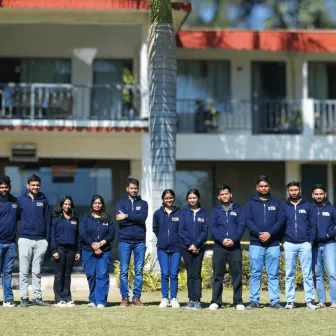
OSL family came together for the Trek n Tech Annual Retreat 2025, a 7-day workcation set amidst the serene beauty of…
Exploring Drupal's Single Directory Components: A Game-Changer for Developers
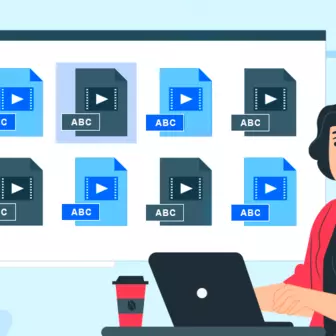
Web development thrives on efficiency and organisation, and Drupal, our favourite CMS, is here to amp that up with its…
7 Quick Steps to Create API Documentation Using Postman
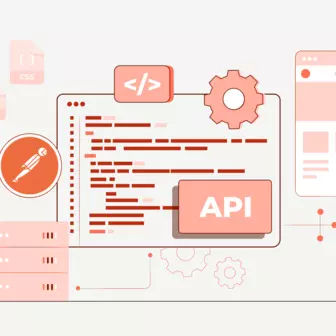
If you work with API , you are likely already familiar with Postman, the beloved REST Client trusted by countless…




